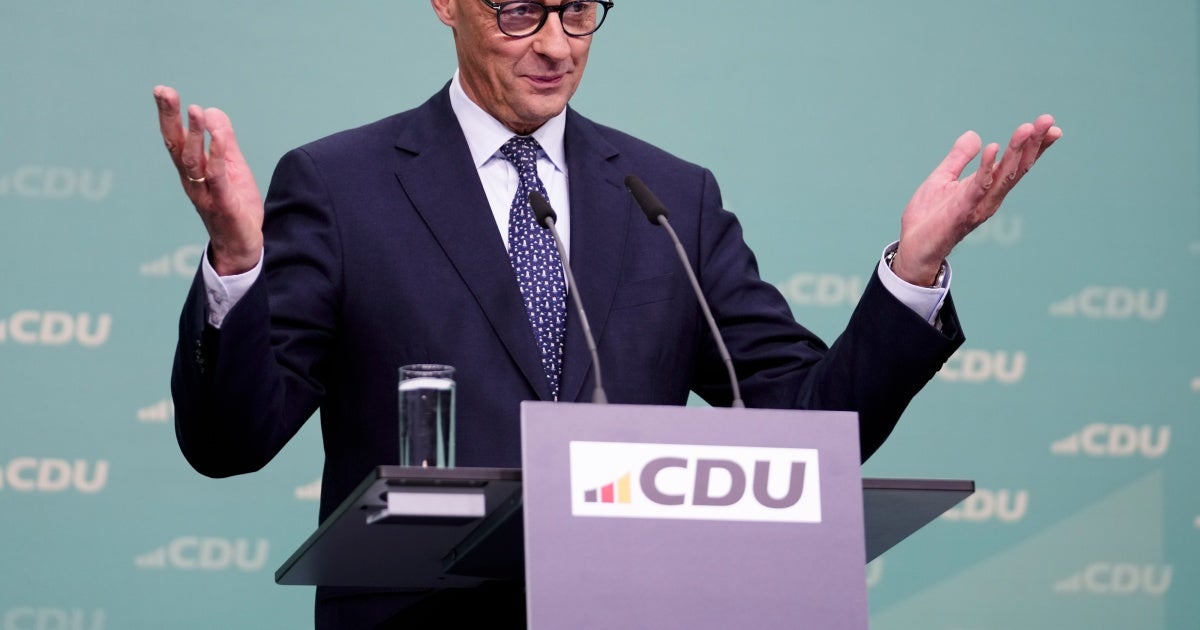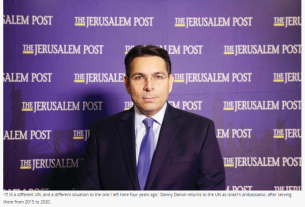Berlin, August 2025 — Germany’s recent suspension of its humanitarian visa program has left hundreds of Russian dissidents—including high-profile figures like Alexey Moskalyov and his daughter Masha Moskalyova—in a state of uncertainty, raising concerns among human rights advocates across Europe.
🔍 Case in Focus: The Moskalyov Family
Alexey Moskalyov, a Russian citizen, was sentenced to nearly two years in prison for “discrediting the Russian army” after his daughter Masha, then 12, drew an anti-war picture at school in 2022. The drawing, which depicted Russian missiles raining down on a Ukrainian mother and child, became a symbol of resistance and drew international attention.
Following his release in October 2024, Moskalyov and Masha fled Russia, eventually settling in Armenia. Fearing extradition or further persecution, they applied for a humanitarian visa to Germany—a country historically seen as a safe haven for political dissidents. However, their application was rejected amid a broader freeze on such visas.
🛑 Policy Shift in Germany
The German Federal Ministry of the Interior (BMI) confirmed that it has suspended admissions under §22 sentence 2 of the Residence Act, which allows entry for political reasons. The ministry stated that “voluntary federal admission programmes” are being wound down, and no new humanitarian visas are currently being issued. Exceptions may be made for urgent cases, but criteria remain undefined.
This policy shift has affected over 300 Russian and Belarusian dissidents, many of whom had already received visa approvals but are now stranded in transit countries such as Armenia, Georgia, and Kyrgyzstan.
⚠️ Risks in Transit Countries
Transit countries, while initially welcoming, pose significant risks for Russian opposition figures. Armenia, for example, hosts a Russian military base in Gyumri, and there have been multiple reported cases of attempted abductions and forced repatriations of dissidents by Russian security forces.
Moskalyov expressed concern over these threats, stating: “We turned to a country that associates itself with democracy and freedom of speech—not just for help, but for protection from tyranny”.
🗣️ Human Rights Response
Human rights organizations such as Libereco and The Ark have criticized Germany’s decision, warning that it undermines the country’s reputation as a defender of civil liberties. Marco Fieber, Director of Libereco, called the ministry’s stance “absurd,” noting that individual case decisions had previously been handled with care and urgency.
Legal experts and NGOs are now preparing appeals to the German government to reinstate the humanitarian visa program, emphasizing the moral and legal obligation to protect those fleeing political persecution.
🌍 Broader Implications
Germany’s visa freeze reflects a growing trend across Western Europe to tighten immigration controls, even in cases involving political asylum and humanitarian protection. The move has sparked debate over the balance between national security and human rights, especially as authoritarian regimes intensify crackdowns on dissent.
For families like the Moskalyovs, the decision has left them in a precarious position—caught between the threat of persecution and the closing doors of international refuge.



